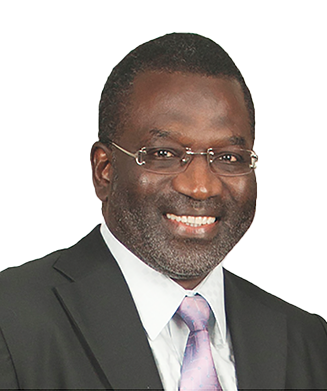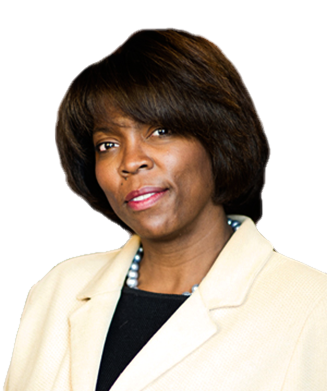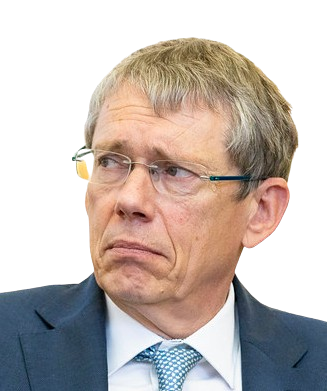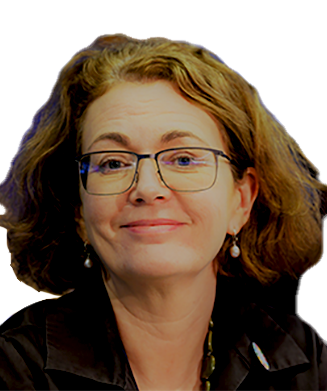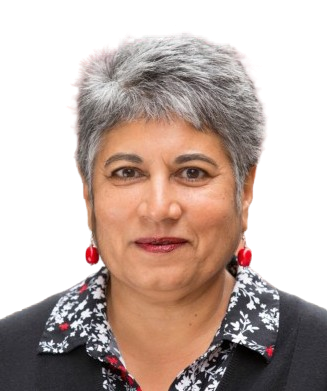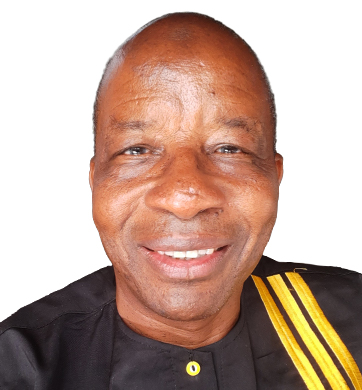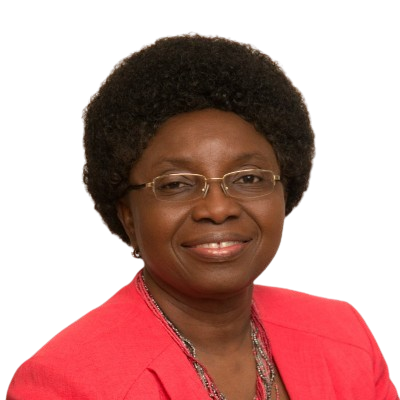Conseil d’Administration
Le conseil d’administration d’AKADEMIYA2063 définit les politiques, évalue et contrôle les actions de la direction. Le conseil d’administration engage et évalue le Directeur Exécutif ; il approuve le plan stratégique à long terme, les plans et les budgets annuels ; il suit les progrès de l’Organisation dans la réalisation de sa mission et de ses objectifs stratégiques de recherche ; il assure la rentabilité, l’intégrité financière et la responsabilisation de l’organisation ; il surveille les investissements et veille au respect des exigences légales et réglementaires pertinentes.
